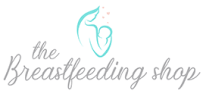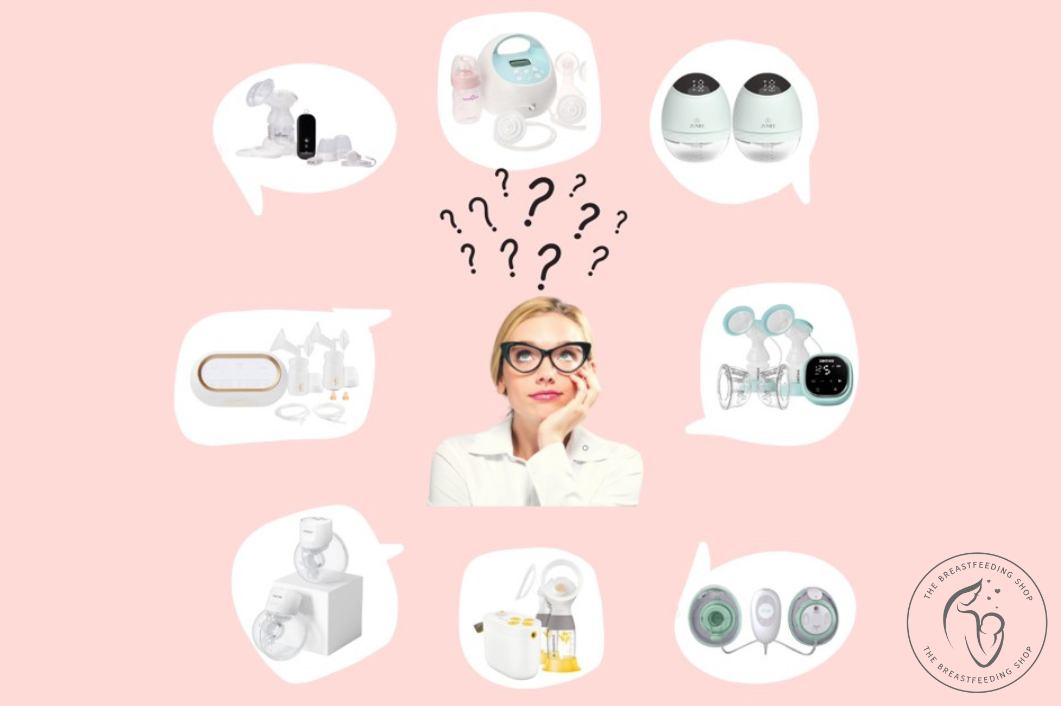Improve Breast Milk Production
Many breastfeeding women have concerns over their breast milk production and want to know how they can increase it as baby grows.
For the vast majority of women, there is absolutely nothing wrong with their breasts or their ability to produce enough milk. As soon as three months into pregnancy, your breasts will start to prepare for the breastfeeding process. Once your baby arrives, your breasts will be ready, and a hormone will cue your milk production.
The size of your breasts has no bearing on your ability to breastfeed. Whether your breasts are small or large, breasts were flawlessly designed to make milk and feed your baby. This design has worked for thousands of years.
There are, however, two major underlying causes of breast milk supply problems: poor latch or feeding schedule. Don’t panic — there is good news. You can rectify this issue by following a few of these great tips for boosting breast milk production.
Increasing Breast Milk Production
- Steel-cut oats: Try eating a bowl of steel-cut oats every morning.
- Gatorade: Gatorade has been known to increase milk supply.
- Lactation Cookies – these are not only Yummy but filled with lots of ingredients that assist with lactation. Get all the goodness required for lactation in a cookie.
- Sleep: Make sure you are resting and getting enough “z’s.”
Fenugreek (Mothers Milk Tea): They call it “Mother’s Milk” for a reason. Try drinking a few cups. - Pumping: It is recommended to power pump to increase your milk supply. Adding one or two pumping sessions can make a huge difference in output when feeding.
- Say goodbye to scheduled feeding routines: Feed your baby when they appear to want the breast. You should learn your baby’s early hunger signals. Remember, crying is a late hunger cue. Offering the breast even when you’re not sure what your baby wants does no harm. Remember, the more your baby feeds, the more your breasts will supply. When in doubt, get them out!
- Latch: Check that latch. Remember your baby does not “nipple feed.” Ensure that your baby’s mouth is wide open and the nipple is going towards the back of the mouth. Say “No” to pacifiers: The less your baby is on your breast, the less milk you will produce.
- Avoid Formula: Try to avoid formula feeding top-offs.
- 24/7: Make sure you are available to your baby at all times (if possible). Plan lots of skin-to-skin time with baby.
- Water: Make sure you are drinking plenty of water.
Is My Baby Getting Enough Milk?
The only way to know for sure that you baby is getting enough milk is to pump. This way, you can measure out a specific amount of milk in a bottle, store it properly, and feed it to your baby. If you are breastfeeding directly, there are some signs that your baby has enough milk.
Your Baby is Pooping and Peeing
If your baby is about a week old, and you’re changing diapers three or four diapers each day that are filled with big, mustard-colored poop — that’s a good sign. Once your baby gets to be around two or three months old, the poop rate should fall to about once a day. Or, it may even be once every other day. If the baby’s diaper is wet when you change it, and the pee is light yellow or colorless — the baby is well hydrated and getting enough milk.
The Baby Is Gulping and Swallowing During Feedings
If there is obvious swallowing and gulping during feeding sessions, it’s a sign that milk is being consumed. Even if the baby is eating silently but still gaining weight, that’s still perfectly fine. Some babies just eat more quietly than others.
Your Baby Seems Content after Feeding
If the baby seems happy to release the breast on their own accord, that’s a good sign. They may even be ready for a nap after feeding. If a baby isn’t getting enough milk, they may be fussing or crying after nursing.
Breastfeeding Troubles
Breastfeeding troubles can quickly spin out of control. So, if you suspect a larger issue, seek out a lactation consultant or breastfeeding hotline as soon as possible. But relax and let your breasts do all the work! We hope that these tips that help boost breast milk production help you out. And if you have any more questions about pumping and breast milk production, click through our blog or get in touch with us at The Breastfeeding Shop. We are happy to help you in any way that we can.




